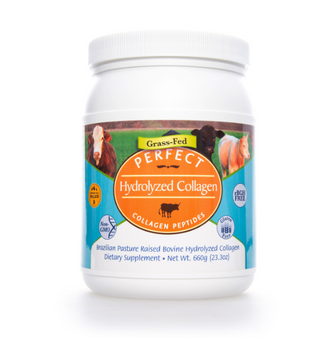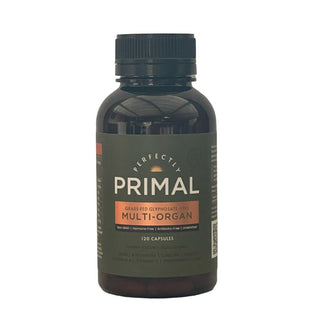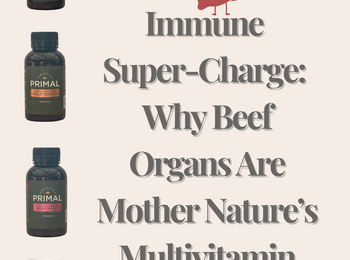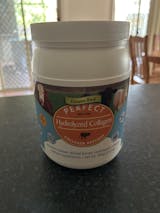Categories
For menopausal and post-menopausal women, choosing between a low-carb diet and a strict ketogenic diet can depend on various health goals and individual health status. Here's a breakdown of the two approaches:
Low-Carb Diet
- Carbohydrate Intake: Typically involves consuming 50-150 grams of carbs daily.
- Flexibility: More lenient, allowing a wider variety of foods, including fruits, vegetables, and whole grains.
Health Benefits: It can help with weight management, improve blood sugar levels, and reduce insulin resistance, which is beneficial for metabolic Health. It may also help relieve symptoms like hot flashes and mood swings.
- Sustainability: Often easier to maintain long-term because of greater dietary flexibility.
Strict Ketogenic Diet
- Carbohydrate Intake: Usually restricts carbs to about 20-50 grams per day, focusing on high-fat, moderate-protein intake.
Ketosis: The goal is to enter a state of ketosis, in which the body burns fat for fuel instead of carbohydrates.
Health Benefits: It may lead to weight loss, improved blood sugar control, and reduced inflammation. Some evidence suggests it may help with hormone balance and relieve menopausal symptoms, though this varies by individual.
- Challenges: Can be more restrictive, potentially leading to nutrient deficiencies if not properly managed. It may also be challenging to maintain long-term and could impact social eating situations.
Considerations for Menopausal Women
1. Hormonal Changes: Menopause can lead to metabolic changes, including increased insulin resistance and weight gain, especially around the abdomen. Both low-carb and ketogenic diets can help manage these issues, but individual responses can vary.
2. Bone Health: Adequate calcium and vitamin D intake is crucial, as these diets might limit dairy consumption. Women at risk for osteoporosis should monitor their bone health. One may need to include some high-quality dairy products or consume tahini regularly as tahini is high in calcium.
3. Heart Health: While these diets can improve blood lipid profiles, it's essential to focus on healthy fats (e.g., avocados, nuts, olive oil) and avoid excessive intake of saturated fats and trans fats.
4. Nutrient Intake: Adequate fibre, vitamins, and minerals should be maintained, mainly if the diet is very restrictive.
Why Post-menopausal Women Require More Protein
To provide accurate references for the information on increased protein needs in post-menopausal women, I will look for reliable sources. Please give me a moment to gather this information.
Post-menopausal women often require more protein due to several physiological changes associated with menopause. Here are the key reasons:
1. Muscle Mass Maintenance: The decline in oestrogen levels during menopause leads to reduced muscle mass and strength, a condition known as sarcopenia. Increased protein intake helps mitigate muscle loss and maintain function.
Source: https://www.nutraingredients.com/Article/2024/01/10/study-highlights-increased-protein-needs-in-post-menopausal-women
2. Bone Health: Adequate protein is crucial for bone health, as it helps maintain bone density. This is particularly important post-menopause when women are at an increased risk of osteoporosis due to lower oestrogen levels
Source:https://www.mdpi.com/2072-6643/10/8/1103
3. Metabolic Changes: Protein can aid in maintaining a healthy metabolism and support weight management. As metabolism often slows down with age, sufficient protein intake can help counteract weight gain and maintain a healthy metabolic rate
Source: https://www.elektrahealth.com/blog/protein-during-menopause/
4. Hormonal Balance: Protein is necessary for overall hormonal Health. Lower oestrogen levels in post-menopausal women may decrease anabolic (muscle-building) effects, which can increase the need for dietary protein.
Source: https://www.healthline.com/nutrition/balance-hormones
To meet these (increased) needs, it is generally recommended that post-menopausal women consume between 1.2 to 2.4 grams of protein per kilogram of body weight daily, depending on their activity level and health goals. It's important to incorporate high-quality protein sources such as lean meats, organ meats or organ supplements, fish, dairy, eggs, legumes, organic plant protein powder , organic non-GMO soy and Hydrolyzed collagen powder.
Conclusion
The best choice depends on individual health goals, preferences, and medical conditions. Consulting with a healthcare provider or a dietitian can help tailor a diet plan that meets nutritional needs and supports overall Health during menopause.
Other References:
https://www.verywellhealth.com/keto-and-menopause-5216337
https://ketodietapp.com/Blog/lchf/ketogenic-diet-and-menopause
https://www.nutraingredients.com
https://journals.lww.com/menopausejournal/citation/2017/05000/should_postmenopausal_women_eat_more_protein__or.4.aspx
https://www.mdpi.com
Disclaimer: These are only potential benefits. This article is purely intended for informational purposes and not as advice. One must seek proper professional advice from their trusted health practitioner.








